Dry mouth, also known as xerostomia, is a common condition that occurs when insufficient saliva is in the mouth. Not only can dry mouth be uncomfortable, but it can also hurt your oral health. There are ways that you can prevent dry mouth and boost your saliva production. Additionally, you can avoid certain behaviors that can create or worsen dry mouth.

Understand the Role of Saliva
Saliva is more than just water in your mouth. It plays a crucial role in maintaining your oral health. Saliva helps to moisten and cleanse your mouth, neutralize acids, and wash away food particles, thus reducing the risk of tooth decay and gum disease. It also contains enzymes that aid in the digestion of food.
When you experience dry mouth, the reduced saliva flow can lead to discomfort, difficulty in swallowing and speaking, bad breath, and an increased risk of dental problems. Understanding the importance of saliva can motivate you to take proactive steps to keep your mouth well-hydrated.
Stay Hydrated Throughout the Day
One of the most effective ways to prevent dry mouth is to stay hydrated. Drink plenty of water throughout the day, as it helps maintain adequate saliva production. Sipping water frequently can help moisten your mouth and flush out bacteria and debris. Carry a reusable water bottle with you to encourage regular hydration.
Avoid excessive consumption of caffeinated and alcoholic beverages, as they can contribute to dehydration and worsen dry mouth symptoms. If you struggle to drink enough water, try adding slices of citrus fruits or infusing your water with natural flavors like mint or cucumber to make it more enticing.
Avoid Dry Mouth Triggers
Certain habits and substances can contribute to dry mouth. Smoking and chewing tobacco harms your overall health and hinders saliva production. Avoiding these habits is essential for maintaining a hydrated mouth.
Additionally, some medications, such as certain antidepressants, antihistamines, and blood pressure medications, can cause dry mouth as a side effect. If you experience dry mouth symptoms while taking prescribed medications, consult your healthcare provider to explore possible alternatives or strategies to alleviate the symptoms.
Optimize Oral Hygiene Practices
Proper oral hygiene practices prevent dry mouth and maintain good oral health. Brush your teeth at least twice daily with toothpaste and a soft-bristled toothbrush. Don’t forget to gently brush your tongue as well to remove bacteria that can contribute to dry mouth and bad breath.
Regularly flossing and using an antibacterial mouthwash can also help reduce the risk of dry mouth by promoting a clean and healthy oral environment. Maintaining a diligent oral hygiene routine ensures that your mouth is in the best possible condition to combat dry mouth symptoms.
Dry mouth can be uncomfortable and have adverse effects on your oral health. By understanding the importance of saliva, you can prevent dry mouth and its associated problems. With these tips, you can keep your mouth hydrated, comfortable, and healthy.

